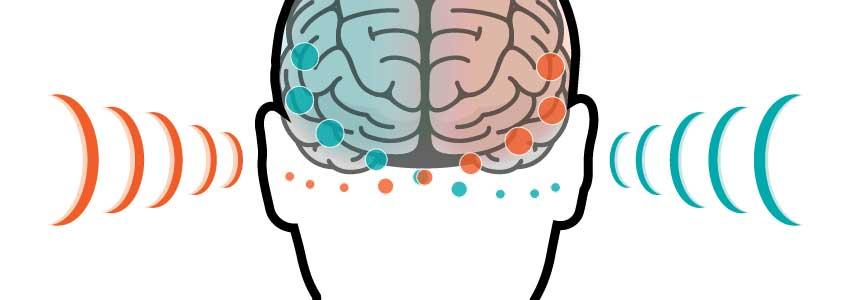

Zoya Syed
Class of 2024Santa Clara, CA
About
Hello! My name is Zoya Syed and I am from California. My Polygence Project was a research paper on the connections between brain development in individuals with Downs Syndrome leading to hearing sensitivity and affecting behavior. I hope to use this project as an inspiration for my dream career as a Neurologist in the future.Projects
- Exploring Neurological Development and Sensory Processing Challenges in Individuals with Down Syndrome with mentor Evelyn (Sept. 16, 2023)
Project Portfolio
Exploring Neurological Development and Sensory Processing Challenges in Individuals with Down Syndrome
Started May 4, 2023

Abstract or project description
Down Syndrome affects almost 6,000 newborns in the United States. It is one of the most common genetic disorders, yet not much is known behind its neurological development and behaviors. While physical traits such as short stature and unique facial features are seen and well understood, internal processes are often misunderstood. Patients with Down syndrome are often overstimulated with loud noises. The etiology behind this overstimulation remains unanswered or often neglected. My focus will be on the difficulties of sensory processing that influence their distinctive behavior. Through literature review I sought to gain knowledge on neurological development as it pertains to sensory responses for patients with Down Syndrome. The main cause for sensitivity to sounds within patients who have Down Syndrome is a condition called Hyperacusis. With the presence of pre-senile dementia, irritation intensifies leading up to behaviors such as screaming and throwing tantrums in response to the inability of communicating and comprehending external stimuli. The Stapedius Acoustic Reflex is another major component within sensory processing. Such sensitivity reveals why pain and discomfort is experienced when processing loud sounds. By having proper understanding of the struggles individuals with Down Syndrome face, we are able to facilitate a healthy environment in which respectful and empathetic interactions among patients and community members are promoted.